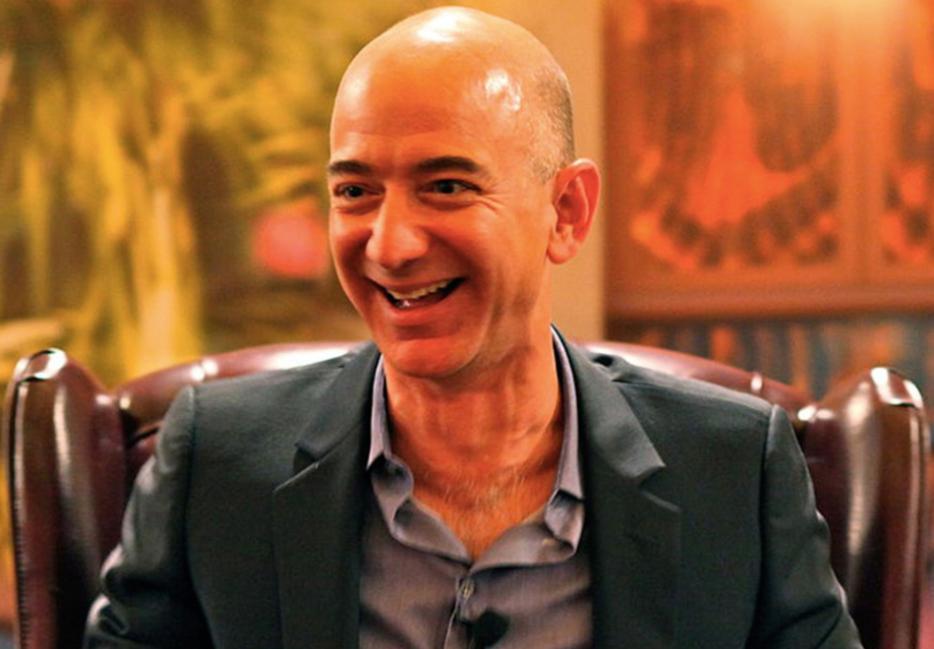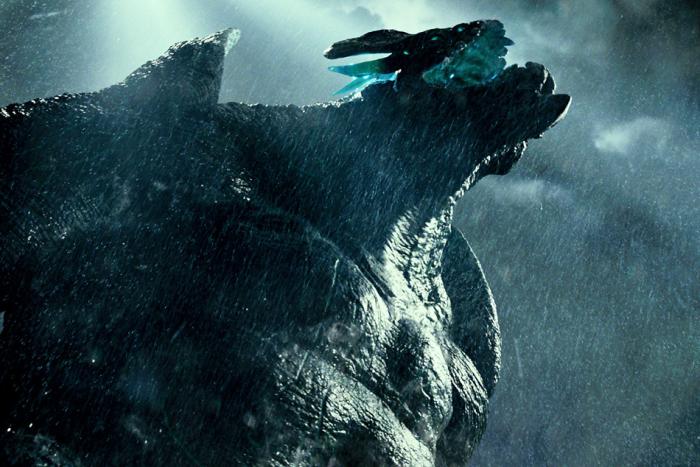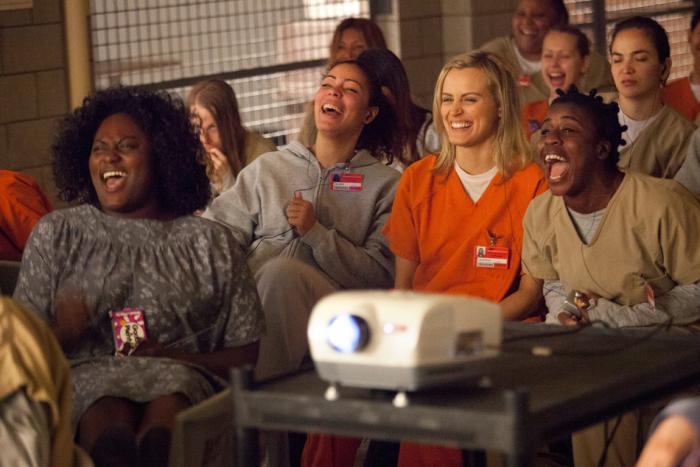Two newspaper sales made headlines last week. One—the purchase of the Washington Post by Amazon founder Jeff Bezos—everyone has heard of by now. The other was not accompanied by such fanfare, but is a far more important sign of where the industry is: The Boston Globe was sold by the New York Times Company for $70 million, after the Times paid $1.78 billion in 2013 money for it back in 1993. That’s a 96 percent reduction in market value from the fat days of the newspaper industry.
The Times was only able to offload the Boston Globe for $70 million by agreeing to keep $110 million worth of pension liabilities on the Times’ books. If the Globe had been kept whole with its pensions on the balance sheet, it would have ceased to exist, or the pensions would have to be broken. The Globe is not the only newspaper out there in this situation.
The paradox of modern news is that never has it been as good to be a news consumer, or as bad to be a news producer. Economists, of course, tell us this isn’t actually a paradox at all, but how a competitive market is supposed to work as market forces drive the cost of a product or service down to the lowest level. The problem is customers were never charged the full cost of news (hello, advertisers!) and they don’t welcome the idea now. This is why nobody likes economists, and also why nobody is actually for the free market when it comes to their own job—reporters least of all.
The music industry learned this, the movie industry is learning it, and yet journalism—the industry whose one job is to explain the world to us—has careened from saviour fad to saviour fad (Micropayments! iPad-only editions! Paywalls!) in the hopes of holding off the inevitable conclusion that none of the old tricks, not even getting the news first, are actually worth that much anymore.
The corollary, that there are too many newspapers in the world and the industry would be healthier without a few of them, is about as welcome as cutting a loud fart at a funeral. Newspaper staffers, having made themselves crucial to how they imagine democracies functioning, squeal like hogs in the slaughterhouse at the notion that their positions are anything other than sacrosanct and central. But even honest vets of the Globe and Post admit that the industry was bloated beyond reason.
So in all this, what does Jeff Bezos’s purchase of the Washington Post mean? Well, since Bezos himself says he has no idea what he’s going to do with his new toy, it’s not clear that it means anything. Bezos, it bears mentioning, also has a private rocketship company, so reporters maybe shouldn’t flatter themselves into thinking that the Post will be the most interesting part of Bezos’ day, any day.
But if we have to assume it means anything, there’s some reason to think Bezos is actually better suited for the modern news industry than previous press barons. In the not-too-distant past, newspapers were utterly ruined by owners of the old model. (Sam Zell’s tenure in Chicago is one excellent example.) Bezos, on the other hand, has a long history of running a high-volume, low-profit margin company. You may have heard of it. Given that news is increasingly a game of high volumes and low margins, Bezos might be ideal for the job.
The fact that Amazon is also a legendarily lean operation, may be a positive financial indicator, but probably won’t reassure anyone lamenting the rise of “churnalism.”
The other thing Bezos hypothetically brings to the table is a distribution network that people are actually paying for. In the TV industry, we saw NBC bought by Comcast in the US and CTV bought (again) by Bell Canada, showing there’s value in owning a network that consumers already want badly enough to pay for. The problem is that it’s not immediately clear what Amazon brings the Post that it didn’t get already: After all, you can already find Kindle Singles from Washington Post reporters.
So the short version is that it’s all kind of a mess and nobody knows what’s going on. Bezos may very well be the man best suited to save a major newspaper in the 21st century, but it’s 2013, and after at least five years of continuous crisis in the industry, we still don’t know what a 21st-century newspaper will look like when it gets here. Except, maybe, hopefully, that it would actually make some money. If Bezos can just do that, he’ll be Jesus for newsrooms around the continent—for as long as it lasts.






